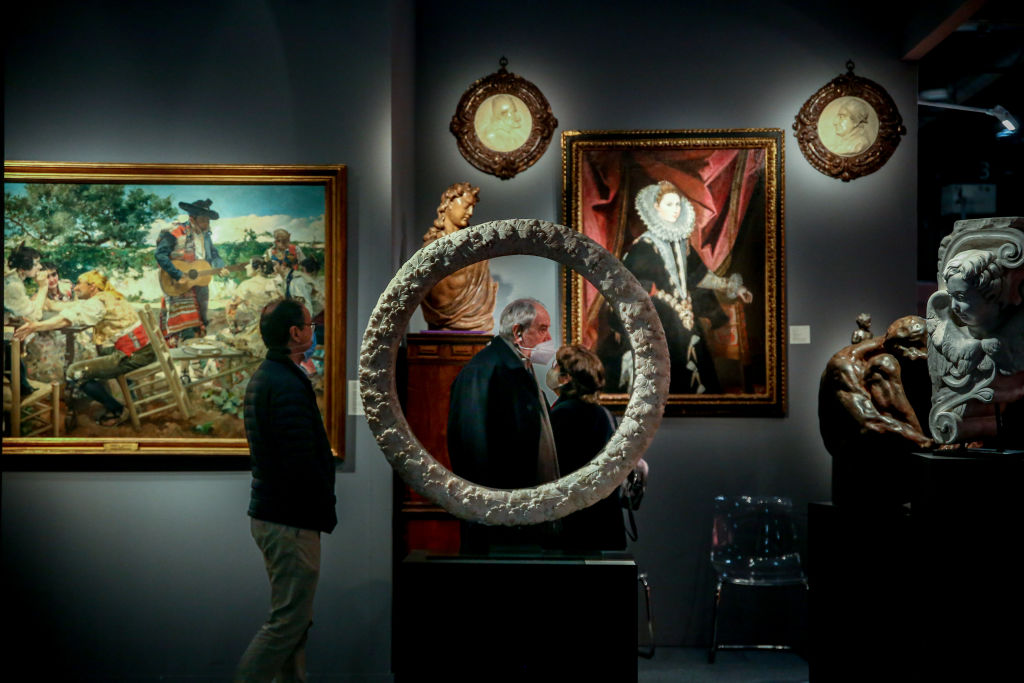Paris art dealers have launched a public campaign against new European Union (EU) regulations intended to prevent the illicit sale of cultural objects, but which they claim will hinder the import, transport, and donation of art within the 27-member bloc.
As first reported in Artnet News Monday, Syndicat National des Antiquaires (SNA), which represents some 300 art dealers in France, said in a meeting held February 29 that the restrictions will have a “dramatic and damaging impact” on the EU art market, and threatens to penalize collectors without proper cause.
The new law, which takes effect June 28, 2025, requires owners to obtain import licenses for items of archaeological significance more than 250 years old and originating outside the EU, such as African or Pre-Columbian artifacts. Objects—including fine art, antiquities, and historical paraphernalia—more than 200 years old and valued around $19,500 individually will require a new “importer statement.”
To acquire either material, a comprehensive history of ownership, or provenance, of the object must be submitted. Dealers and collectors returning to the EU are vulnerable to prosecution if they cannot sufficiently prove the provenance of their property, even if it has been in their collection for decades. Critics, however, argue that such documentation can be costly and in some cases, impossible to obtain.
Additionally, the law effectively positions any imported item as looted until proven otherwise, breaking with established common property law.
“Most of these objects never had a trace,” Anthony JP Meyer, a board member of the SNA and founder of the Galerie Meyer, which deals in Oceanic and Arctic art, said at the conference, as quoted by Artnet News. “They’ve been around… [in private collections] for years. No one ever requested any form of information, any paper trail, because there was no obligation to do so.”
“It was moral and legal at the time,” he said, adding “today, the mentality has changed, and we are changing with it,” he added.
The European Commission website stresses that the law was drafted in response to complaints of rampant looting of archaeological sites in Syria, Afghanistan, and other war-stricken countries with rich cultural history. The law “aims to prevent the illicit trade in cultural goods, in particular when such trade may contribute to the financing of terrorist activities,” writes the Commission.
Speakers at the conference rebuked this argument, saying that there was no irrefutable evidence that the proceeds of looted art financed terrorism, and that even the extent of the illicit antiquities trade has been overstated by the media. To support their argument they cited reports including a 2020 RAND study that determined the market was less centralized and smaller than commonly reported; and a 2022 US Treasury study critical of connections between laundered antiquities and terrorist activities.
The SNA argues the regulation, which was approved in 2019, will deter dealers from trading in the EU, where France maintains the most powerful art market. The group also says that it will complicate the process for private collectors to donate cultural objects to EU museums from their own collections, or return to the EU from abroad with their holdings.
“We’re trying to save all of our jobs, our market, [and] save the possibility for people to appreciate art and to own art,” said Meyer. “The antique market is one of the great purveyors of cultural information and knowledge … If you kill the market, you’re going to kill all of that information and appreciation.”


